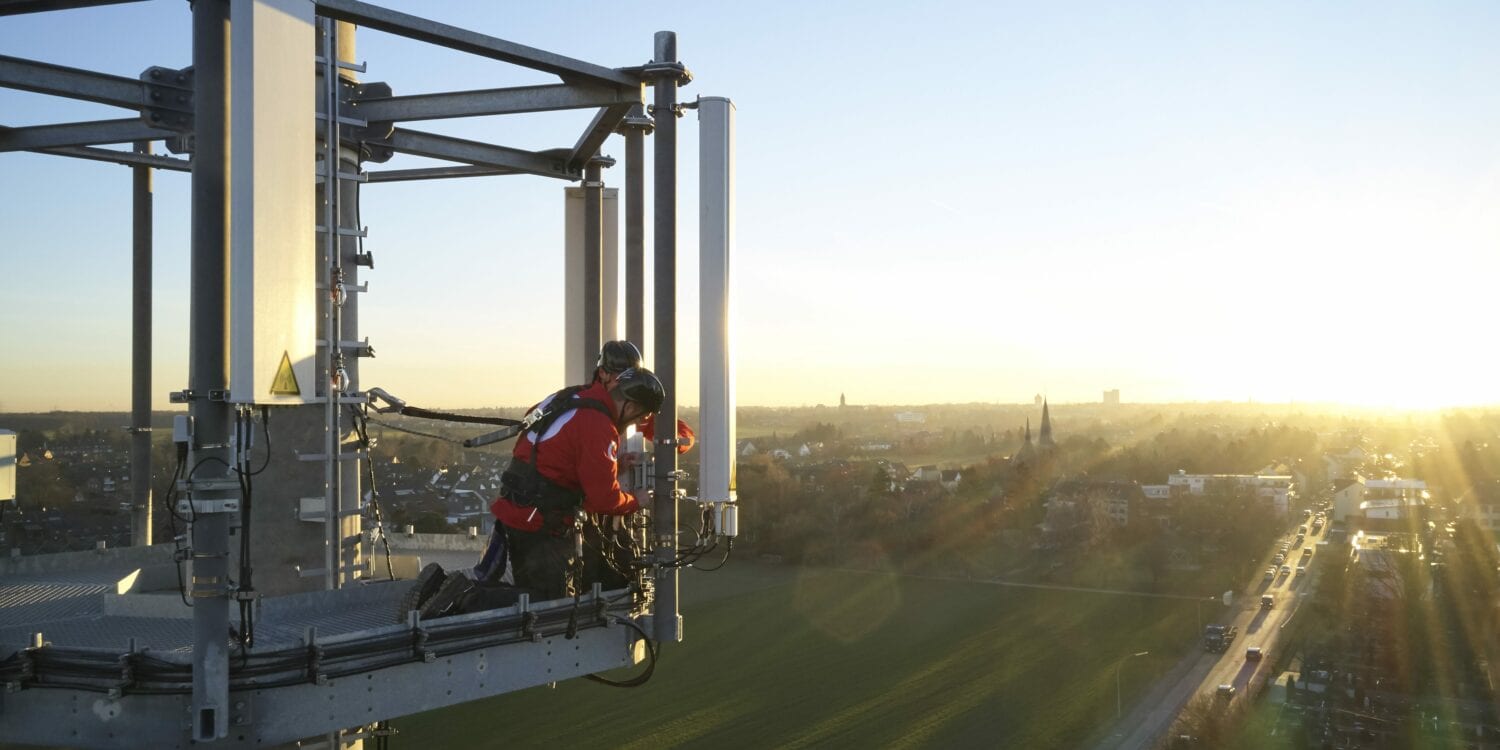Vodafone Germany expands 5G, fiber optic infra in Q3

Vodafone Germany launched its 5G SA network in 2022 in partnership with Ericsson, Nokia, Qualcomm and Oppo
German telco Vodafone said it has completed more than 1,500 construction projects in the LTE and 5G networks during the third quarter of the year.
In a release, Vodafone said that a total of 190 new sites were put into operation to improve mobile coverage with LTE and 5G and close dead spots. Vodafone carried out a further 1,000 modernization measures at 900 existing locations across Germany. These construction measures include 290 sites that were equipped with 5G and 23 sites received LTE, the telco said.
Over 26,706 mobile phone stations now provide 99.9% of the population with mobile communications across Germany, it added. Also, 16,446 stations currently provides 5G coverage to 92% of the population. Vodafone Germany noted that most of these sites already operate with 5G Standalone (5G SA) technology.
Vodafone also said it has completed a total of 556 large-scale construction projects in its fixed network during the third quarter of the year.
“Vodafone has installed even more high-performance fiber optic cables in the cable network in many places. This brings fiber optic cables even closer to customers. The network is now much more stable for each individual customer, especially during peak times when many people are streaming, playing online and surfing at the same time. 270,000 cable households in 140 cities and districts in Germany – including Berlin, Düsseldorf, Karlsruhe, Nuremberg, Bonn and Hamburg – are benefiting from these modernization measures,” the telco said.
Vodafone Germany had launched its 5G SA network in 2022 in partnership with Ericsson, Nokia, Qualcomm and Oppo. For the 5G expansion, Vodafone is currently relying on frequencies in the 3.6 GHz, 1.8 GHz and 700 MHz bands in large urban areas, residential areas and suburbs and rural areas across Germany.
Vodafone initially launched its 5G network in Germany in 2019, using 3.5 GHz frequencies that it acquired from Telefónica in 2018.
Vodafone previously said it has installed a total of 100 5G sites using existing advertising columns in Düsseldorf.
Vodafone Germany noted that a further 50 advertising columns will be equipped with 5G in the next two years, adding that this initiative ensures even better reception and greater network stability and at the same time solves a major problem that still exists throughout Germany with the expansion of the 5G network in inner-city areas: the lengthy search for locations for new mobile phone stations and the lengthy approval procedures.
The Vodafone 5G advertising columns have received a location certificate from Germany’s Federal Network Agency to prove their safe operation. The installed 5G antennas, which were built in cooperation with Ericsson, each serve a radius of around 400 meters around each advertising column. On average, there are currently almost 6,000 connections per column with 5G-capable smartphones every day and an average of around 200 gigabytes of data per column flows through Vodafone’s 5G network every week.

Comments are closed.